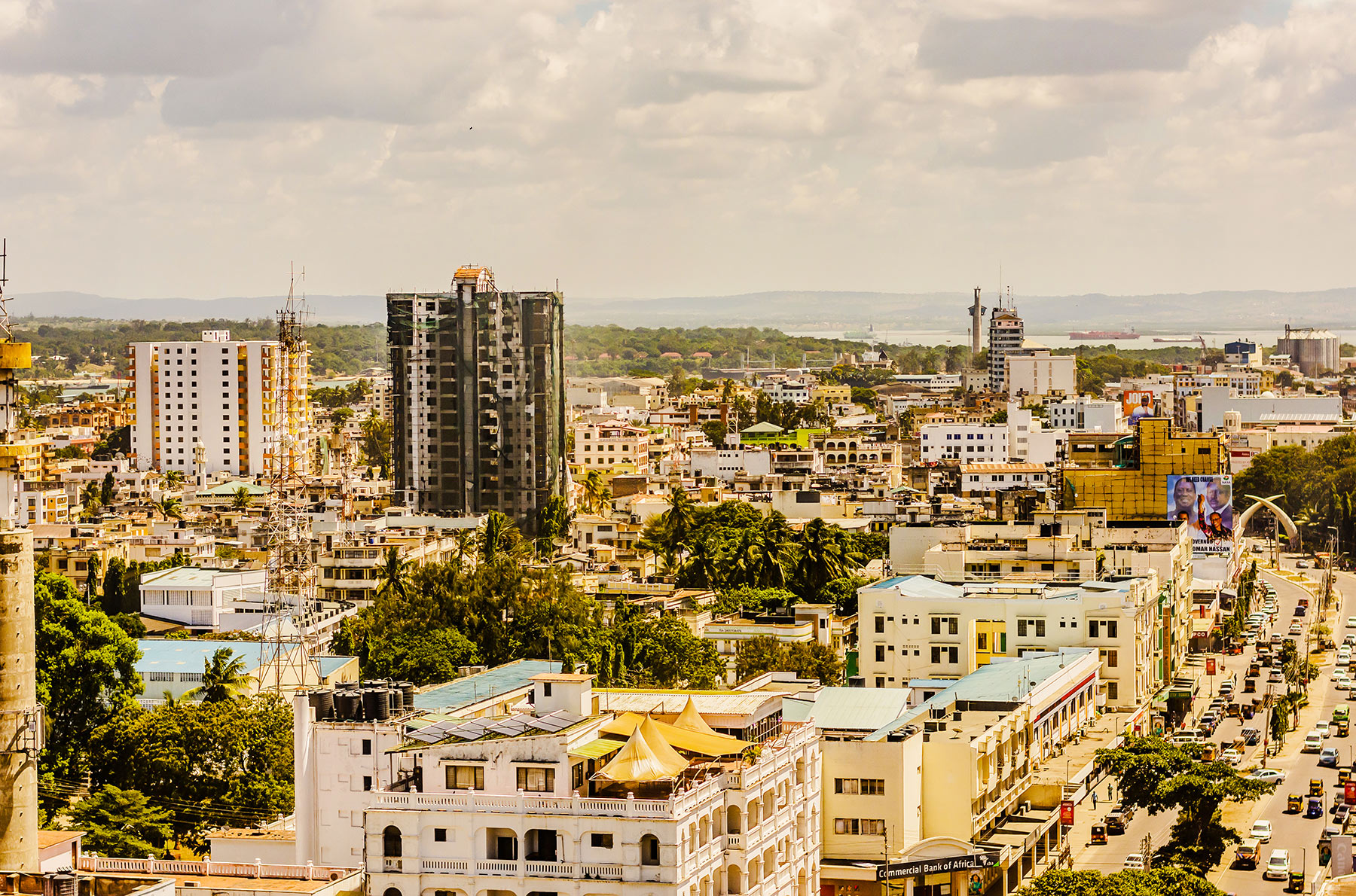NOVEMBER 2022Dear friends,
Greetings from Sharm El Sheikh, where COP27 has just begun. This year’s UN climate summit—billed as an “African COP”—is one where low- and middle-income countries on the continent and beyond are expecting to see action in areas that matter the most to them. These include concrete action to deliver unfulfilled financing pledges, especially on adaptation; implementation of the Paris Agreement (the host country, Egypt’s, stated Summit objective); and of course, a robust discussion around Loss and Damage Funding which has finally been included in the official agenda after years of advocacy.
One main reason, perhaps, why African priorities barely make it to the top of the agenda is that the continent’s researchers are severely underrepresented in the science that underpins global climate policy and debate. Not only are African voices missing from influential climate science publications, but 78% of global funding for climate research on Africa goes to researchers in North America and Europe, while only 3.8% goes to researchers on the continent, according to this IPCC Sixth Assessment Report.
To help address the problem of underrepresentation of African voices in climate science, policy and debate, we have launched an African Climate Research Organizations Database. Expanding on an initiative we started in 2021, the database is an interactive website that compiles a list of Africa-based research organizations working on climate-related technical and policy issues. We have tracked at least 154 Africa-based organizations working on various climate change-related areas. These include entities working on agriculture and forestry (81), energy (64), extractive industries (44), urban development (21), and industry (19), across over 20 countries on the continent, as our Chart of the Month below illustrates. Do look up the database, read the background note, and let us know if you have any suggestions and feedback as this is a work in progress to help increase the visibility of African climate researchers.
As COP27 commences, we will be sure to share relevant updates live from Sharm via Twitter ( @AfricaCarnegie) and other media. A successful COP27 for Africa from my perspective will achieve three things: one, establish mechanisms for consistent monitoring of implementation of previous announcements; two, acknowledge the heterogenous pathways to energy transitions, including the recognition of the legitimate energy security and development priorities of low- and middle-income countries as a core of this transition; three, seriously commit to finding ways to channel private capital to emerging markets where this financing is desperately needed. Sounds simple in theory but very difficult in practice because announcing shiny new initiatives is far more dazzling than the drudgery of implementation.
To stay informed about Carnegie Africa events and publications, sign up on our website or follow us on socials.
Sincerely,
Zainab Usman
Director, Carnegie Africa Program
CHART OF THE MONTH

November 2022 Chart of the Month
FEATURES
The African Climate Research Organizations Tracker contributes to increasing the visibility of African climate research organizations and thereby will help ensure that the priorities of African countries are represented in global climate debates. Zainab Usman & Alexander Csanadi
Ahead of COP27, Egypt is bidding itself as a regional power in Africa and the Middle East in hopes of achieving some of its climate change priorities. Mohammed Soliman
Before the COP27 climate conference in Sharm El-Sheik, Egypt, begins, Carnegie experts gathered to discuss what to expect from the conference and what they hope to see happen. Dan Baer, Noah Gordon, Amr Hamzawy, & Zainab Usman
Who decides Africa’s net zero pathways? Experts at the Energy for Growth Hub consider five ways to fix how we model African energy transitions and why it matters for climate and development. Katie Auth et. al
The Carnegie Africa Program hosted an in-depth expert panel discussion of the transition plans from Nigerian, Indian, and U.S. experts and the implications for the rest of the world.
Carnegie’s Africa Program and the African Climate Foundation held a panel discussion covering negotiations of the JETP, progress toward implementation in South Africa, implications for other African countries, and the changing role of the international community in mobilizing climate finance.
DEVELOPMENTS ON OUR RADAR
- Ethiopia, Tigray Sign Deal in Pretoria for Cessation of Hostilities. [The East African]
- What’s at Stake for Africa in China’s 20th Party Congress? [The Diplomat]
- China-Tanzania Ties Sealed with 15 Agreements During Samia Suluhu Hassan’s Visit to Beijing. [South China Morning Post]
- The U.S.-Africa Leaders Summit is Fast Approaching. [U.S. Department of State]
- Economic Development is The Only Proven Path to Climate Resilience. [Foreign Policy]
